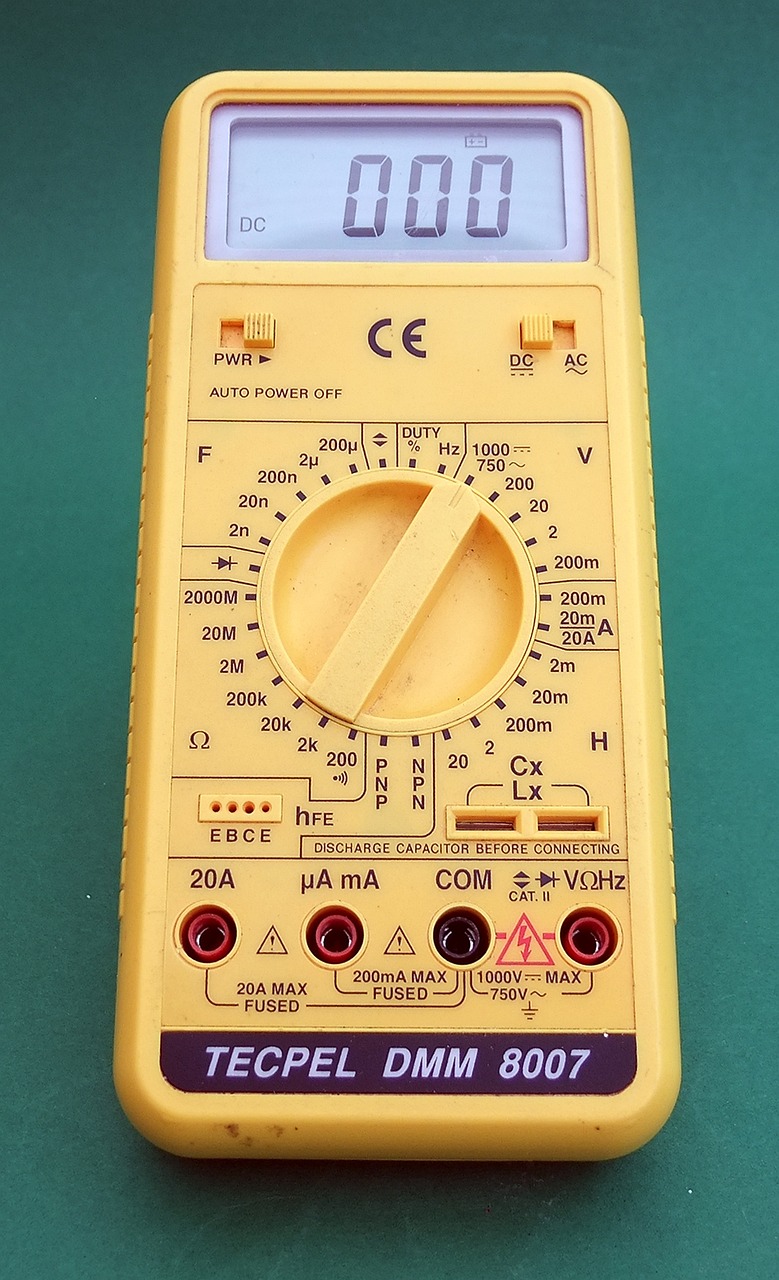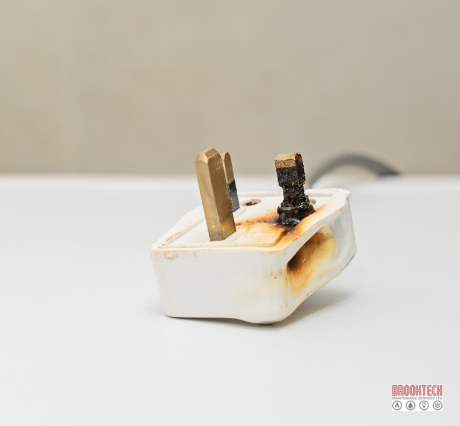PAT Testing is it a Legal Requirement?
Is PAT Testing a Legal Requirement? Portable Appliance Testing (PAT) is a safety procedure performed on electrical appliances to ensure they are safe to use. PAT testing involves visual inspections and electrical tests conducted by trained professionals.
Many people wonder whether PAT testing is a legal requirement. In this article, we will explore the topic in detail and shed light on the legal obligations surrounding PAT testing.
Understanding PAT Testing
PAT testing is primarily concerned with preventing electrical accidents and reducing the risk of fire caused by faulty electrical appliances. The process involves a series of tests, including visual inspections, earth continuity tests, insulation resistance tests, and functional checks. By identifying potential hazards, PAT testing helps maintain electrical safety standards and protects both individuals and property.
The Legal Perspective
In most countries, including the United Kingdom, there is no specific law that mandates PAT testing. However, legislation exists that imposes a general obligation on employers and organisations to ensure the safety of their electrical equipment. The Health and Safety at Work Act 1974, for example, requires employers to provide a safe working environment, including electrical safety. The Electricity at Work Regulations 1989 further elaborate on these obligations, emphasising the need for adequate maintenance and periodic inspection of electrical equipment.
Industry-Specific Requirements
Certain industries or sectors may have specific regulations or guidelines that make PAT testing mandatory. For instance, landlords in the UK are legally required to ensure the safety of electrical appliances provided to tenants. This includes conducting regular inspections and testing. Similarly, in some workplaces where the use of electrical equipment is critical, such as construction sites or factories, PAT testing may be a legal requirement to comply with industry-specific regulations.
PAT Testing Keeps You Safe
While PAT testing may not be a legal requirement in the strictest sense, it’s important for organisations to prioritise electrical safety. Compliance with general legal obligations, such as the Health and Safety at Work Act and the Electricity at Work Regulations, necessitates adequate maintenance and periodic inspection of electrical equipment. By ensuring the safety of electrical appliances through PAT testing, organisations can protect their employees, customers, and property, while also demonstrating their commitment to upholding high safety standards. Talk to us today about your PAT Testing needs.








